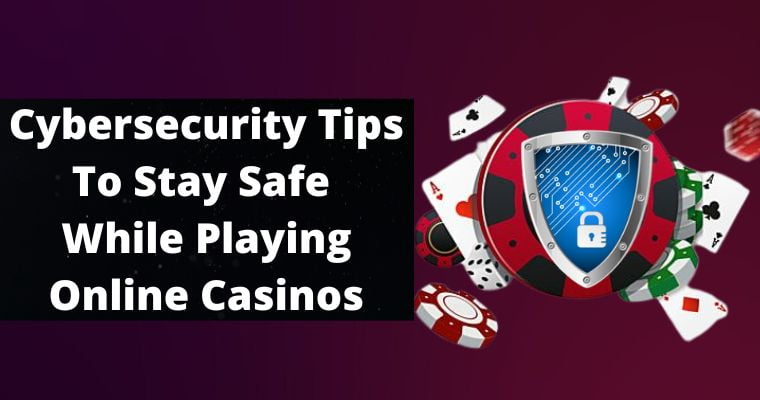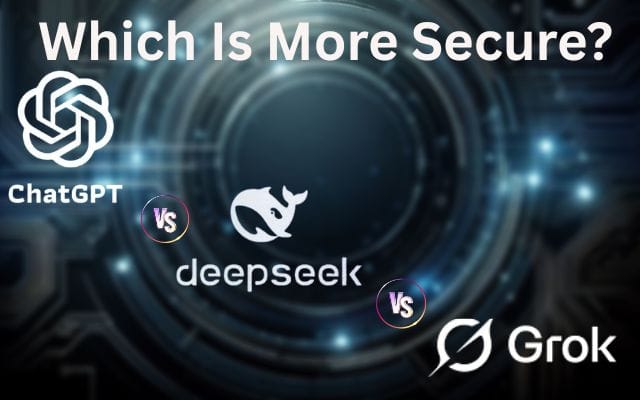If you think about it, the internet was designed to connect the world, no matter where you are. Yet, artificial barriers prevent us from maximizing our online experiences.
Whether it’s accessing your favorite foreign show or checking out-of-region news, geographical restrictions can really be frustrating. Thanks to VPNs, we can bypass those barriers and enjoy the digital world without such limitations.
In this post, we’ll understand what VPN really is, how it works, and how you can change your VPN location. Let’s begin!
Table of Contents
What Is a VPN?
A Virtual Private Network or VPN is a technology that establishes a secure and encrypted connection between your device and a server operated by the VPN provider.
This connection effectively shields your internet traffic from potential eavesdroppers, ensuring your data remains private and secure.
A VPN acts as an intermediary between your device and the websites or online services you interact with. Instead of your data traveling directly from your device to the internet, it passes through the VPN’s encrypted tunnel.
This tunnel masks your IP address, making it appear as though your connection is originating from the VPN server’s location.
So, for example, you’re trying to watch a specific show on Netflix, Hulu, or Go Latino TV, but it says it’s not available in your region.
By changing your VPN location to a server in a country where the desired content is accessible, you can overcome these geo-restrictions.
How Does a VPN Work?
In simple terms, VPN acts as a middleman between your device and the websites or online services you use. But if you really want to understand the step-by-step process of how it works, here’s the detailed process:
Encryption and Tunneling
When you connect to a VPN, the VPN software on your device initiates an encrypted connection to a server operated by the VPN provider.
This connection is often referred to as a “tunnel.” All data transmitted between your device and the VPN server is encrypted, which ensures that even if someone intercepts the data, they won’t be able to decode or break it.
VPN Server Location
The VPN server you connect to is located in a specific geographical location. This is where the concept of changing your VPN location comes into play.
When you connect to the VPN server, your internet traffic appears to originate from the server’s location rather than your actual physical location.
IP Address Masking
Your IP address is a unique set of numbers that acts as an identifier for your device on the internet.
When you’re connected to a VPN server, your real IP address is masked, and the IP address of the VPN server is used instead. It makes it appear you’re accessing the internet from the server’s location instead of your real location.
Accessing Content
Different online services and websites often have regional restrictions or content that’s only available in specific locations. By connecting to a different county’s VPN server, you can bypass these restrictions.
For example, if a certain streaming service like Sling TV is only available in the US, you can connect to a US-based VPN server to access it, even if you’re physically located elsewhere.
What Can VPN Be Useful for?
A VPN offers a wide range of benefits beyond just changing your virtual location to access geo-restricted content. Here are some common use cases where a VPN can be incredibly useful:
- Online Privacy – One of the main reasons people use VPNs is to enhance their online privacy. By encrypting your internet traffic and masking your IP address, a VPN makes it much harder for hackers, advertisers, or even your internet service provider (ISP) to track your online activities.
- Public Wi-Fi Security – When you connect to public Wi-Fi networks, your data, such as your passwords, online banking information, and others, is more vulnerable to interception by malicious individuals.
- A VPN adds an extra layer of security, making it safer to use public Wi-Fi hotspots, such as in cafes, airports, or hotels.
- Bypassing Censorship – In some countries, access to certain streaming services is restricted by government censorship. By connecting to a VPN server located in a different country, you can bypass these restrictions and access the open internet.
So, for example, you love watching Dish TV, but you went to another country where it’s unavailable due to geo-restrictions.
By connecting to a server in your home country through a VPN, you can continue enjoying your favorite shows and channels as if you were back home.
- Remote Work – If you’re working remotely, a VPN can help secure your connection to your company’s network. This is especially important when accessing sensitive company data or using public Wi-Fi networks.
- Avoid Bandwidth Throttling – Some ISPs throttle or slow down your internet connection when you’re engaging in activities like streaming or torrenting. Using a VPN can sometimes help bypass these limitations and maintain a faster connection.
- Secure File Sharing – If you’re sharing files with others, using a VPN can add an extra layer of security to your file transfers, preventing unauthorized access or interception.
- Gaming – Gamers can also benefit from VPNs, especially if they want to access games or game servers that might be region-locked. A VPN can also help reduce lag and improve connection stability in some cases, but it’s not guaranteed, as some VPN software can cause lags or interruptions.
- Anonymity – While a VPN enhances privacy, it’s important to note that it doesn’t provide complete anonymity. While your IP address is masked, your VPN provider can still see your online activities. If you’re seeking total anonymity, you may need to explore more advanced techniques.
- Online Shopping and Booking – Prices for flights, hotels, and products can vary based on your location. By changing your virtual location with a VPN, you can potentially find better deals and save money.
How to Change Your VPN Location?
Changing your VPN location is a straightforward process, but it may vary depending on your chosen VPN. Regardless, we’ll provide a general process on how to change your VPN location.
Choose a Reputable VPN Provider
The first and most important step is picking a trusted VPN provider. You have to understand that the quality of service, privacy features, server network, and speed can vary between different providers.
Moreover, some providers can also snoop on your online activities, defeating the purpose of using a VPN for privacy. Do thorough research, read user reviews, and opt for a provider known for its strong security practices.
Install and Configure the VPN App
Once you’ve selected a reputable VPN provider, download and install their application on your device. Most VPN providers offer apps for various operating systems, making it easy to set up and use the VPN.
Launch the App and Log In
Then, simply open the VPN app and log in using your account. Some providers might offer options for anonymous usage, but having an account often provides additional benefits like access to more server locations.
Choose a Server Location
Within the app, the first thing you’ll usually find is a list of available server locations. Select the server location that corresponds to the region you want to appear in virtually. For example, if you want to access content only available to the UK, choose a UK-based server.
You can easily switch between servers as often as you like, and it’s pretty straightforward. Just click the country or region you want to connect to, and that’s it.
Connect to the Server
Click the “Connect” or “Start” button within the app to establish a connection to the chosen server. The app will initiate the encrypted tunnel between your device and the VPN server.
Verify the Connection
Once the connection is established, the app might display a notification or an indicator confirming that you are connected to the VPN server.
Access Content
With the VPN connection active, you can now access online services and content that might be restricted in your real location. Open your web browser or relevant apps, and your internet traffic will appear to originate from the location of the VPN server.
Disconnect When Finished
After you’ve finished using the VPN, remember to disconnect from the server. This can usually be done within the app by clicking the “Disconnect” or “Stop” button. Disconnecting restores your regular internet connection.
Is It Legal to Use VPNs?
Yes, using VPNs is generally legal in most countries. VPNs are legitimate tools that provide online privacy, security, and access to restricted content.
They are widely used by individuals, businesses, and organizations for various purposes, mostly for security and protection.
However, it’s important to note that while using a VPN itself is legal, the activities you engage in while using a VPN must still adhere to the laws of the country you are in.
Wrapping Up
VPNs play a big role in the digital world. However, utilizing it properly is essential to make the most out of this server.
The best part is most VPNs have a user-friendly interface that makes it easy for users to change locations or servers easily. By following the steps above, you can navigate the online world with more freedom and security.


